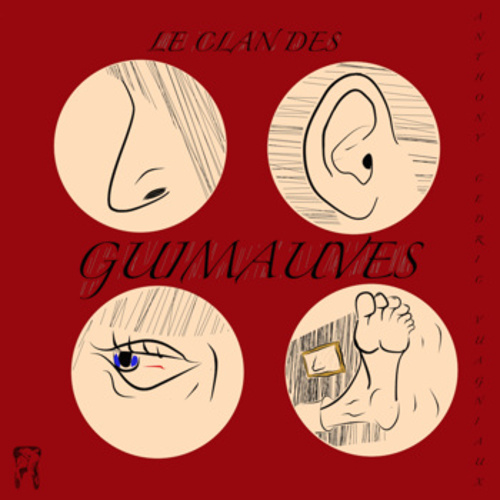 Marc Richter has been rather busy as over the last twelve years or so, what with Black To Comm as well as various side projects and commissions for film and theatre, not forgetting helming the Dekorder label. Seven Horses For Seven Kings is Black to Comm’s first album in five years and also the first for Thrill Jockey. Spread over thirteen tracks and at an hour’s length, it has the feel of a set of widely sweeping dystopian soundscapes, fractured effects and sullen, frightful sounds bobbing in a stew of portentous atmospheres.
Marc Richter has been rather busy as over the last twelve years or so, what with Black To Comm as well as various side projects and commissions for film and theatre, not forgetting helming the Dekorder label. Seven Horses For Seven Kings is Black to Comm’s first album in five years and also the first for Thrill Jockey. Spread over thirteen tracks and at an hour’s length, it has the feel of a set of widely sweeping dystopian soundscapes, fractured effects and sullen, frightful sounds bobbing in a stew of portentous atmospheres.
The sound of a flute in “Lethe” is like something that speaks of humanity to which we can cling like a life-raft adrift in a sea of creeping dread. There is an effect that Richter uses which somehow puts the tracks here beyond civilisation. Some of the tracks use a tape loop where you can actually hear the loop wind and start again, and there is something sublimely disconcerting about that. It is like you are party to a transmission that has been running continuously for a thousand years and will continue far beyond where we are now.
There is a touch of hope in the keening synth sounds of “Ten Tons Of Rain In A Plastic Cup”, but it has a lot to fight against: blistering bursts of electronics, a surge of decaying feedback; it is all working towards disrupting any harmony. The relatively soothing organ swirls and deep clarinet blasts give a weird jazz vibe to “Licking The Fig Tree”, but is just keeping us on our toes and driving us into the relentless arms of the Test Dept-like “Fly On You”. The huge propulsive rhythms and angle grinder-like keyboard effects are quite something, but at least blast the creeping aura away for a little while. There are Miranda Sex Garden-like vocals and trumpet blasts on the deceptive “If Not, Not”; deceptive because the effects are an elemental and bludgeoning counterpoint to the cloying vocals. As the album progresses, so our resistance weakens and we look for anything that might lessen the load; the flutter of wings in “The Desert Alphabet”, the lightly distorted sheets of sweet drone in “Rameses II”. It is a little, but it is enough to take off the pressure a little. In fact, final track “The Courtesan Jigokudayū Sees Herself As A Skeleton In The Mirror Of Hell” is possibly the most hopeful piece here. Something in the drifting miasma of sound has the faintest positivity in its bleak outlook. There is something trying to erode it part way though, but doesn’t quite manage, and finally we are through the other side.I liked the opening sentence of the Limbs Bin review in this esteemed organ; “This is not fun, nor is it meant to be”. I have the same feeling here. It is as if the relentless search for the variables of what can be produced with electronic noise, and how natural sounds can be perverted and distorted to unrecognisable degrees, the Frankenstein-like creator has little perspective on the finished work and the effect it can have on the listener. Richter’s work on Seven Horses For Seven Kings is compelling and rather fascinating, but easy is not a way to describe it. I am really thankful, though, that there are people out there like Marc who show us the far reaches of sound manipulation and what can be accomplished with his kind of esoteric knowledge. Like I say, it is far from easy — but really, who wants easy?
-Mr Olivetti-



